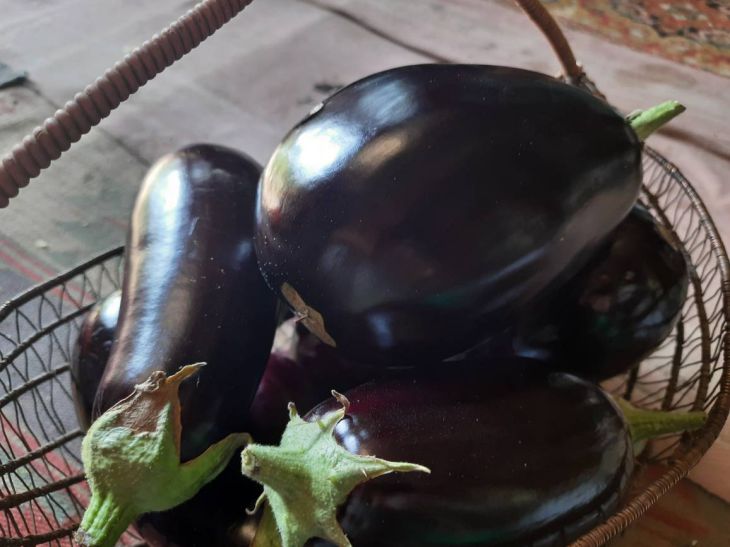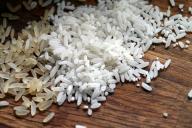Germinating eggplant seeds is an important stage in the cultivation of this tasty and nutritious vegetable.
Creating ideal conditions for seed germination will help to produce healthy and strong plants that will subsequently produce a rich harvest.
Let's consider how to provide optimal conditions for the successful germination of eggplant seeds, says Anastasia Kovrizhnykh .

Soil preparation
To germinate eggplant seeds, you need fertile and loose soil. Prepare a mixture of equal parts sand, humus or compost, and fertile garden soil.
Mix the mixture well and fill shallow containers or seeding pans with it.
Seed preparation
Select quality, mature eggplant seeds. It is not recommended to use old or damaged seeds, as they can produce weak and diseased plants.
Before sowing, you can treat the seeds in a weak solution of potassium permanganate to prevent possible fungal diseases.
Correct sowing
Fill the containers with prepared soil and make shallow (1-1.5 cm) holes for individual seeds.
Place the eggplant seeds in the holes 5-7 cm apart. Then carefully cover the seeds with soil and press it down lightly with your fingers. Do not make the hole too deep, as this may hinder germination.
Conditions for germination
Eggplant seeds require a certain temperature and humidity to germinate successfully.
Place the seed containers in a warm place where the temperature is around 25-30°C. Provide regular watering of the soil so that it is always slightly moist, but not over-watered. Avoid direct sunlight, as it can overheat the seeds.
Maintaining humidity
To maintain humidity, you can use a covering material or plastic film.
Place the containers with seeds in film to create a greenhouse effect. This will help retain moisture and increase the temperature inside the container. Ventilate the containers regularly by removing the film for a few minutes.
Additional lighting
In conditions of insufficient natural light, artificial lighting can be used with the help of phytolamps.
Place the lamps 10-15 cm above the seeds and provide them with 12-14 hours of daylight. This will help the plants get enough light to germinate.
Plant care
After the shoots appear, the plants need to be watered regularly. Do not allow the soil to dry out or become over-watered, strive for uniform moistening.
The second element is no less important – regular ventilation. Gradually getting used to external conditions (temperature, light, humidity), the seedlings will definitely adapt and become ready for transplantation into the ground.
Creating ideal conditions for the germination of eggplant seeds is the key to growing this vegetable.
By following the above recommendations and paying enough attention to caring for the plants, you will ensure that you have healthy and strong seedlings that will later grow into fruit-bearing eggplant plants and give you an excellent harvest.
Earlier we talked about a pepper variety that will not leave even the laziest summer residents without a rich harvest.









